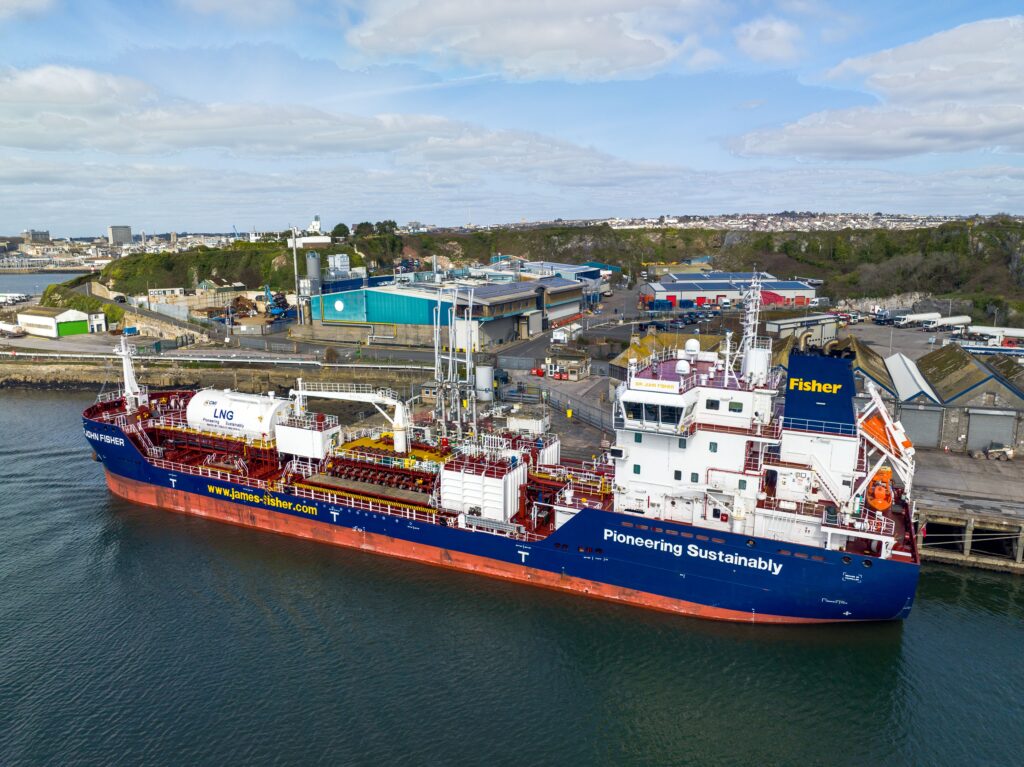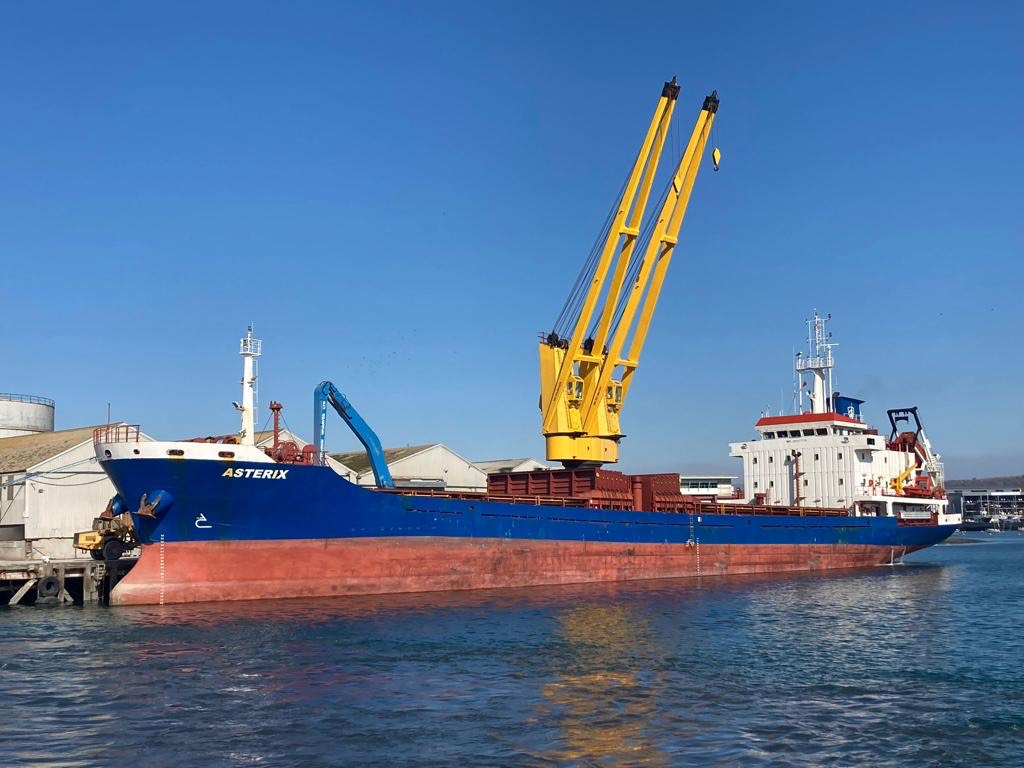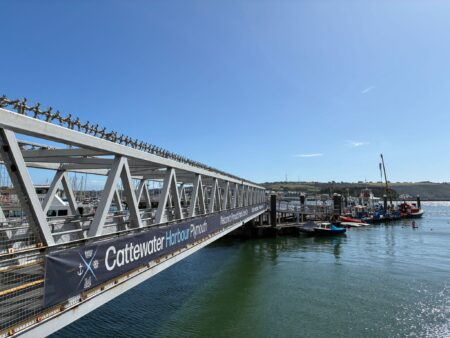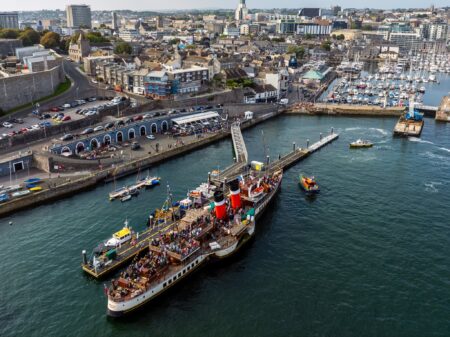Cattewater Harbour Commissioners are pleased to share that a Port Masterplan has been commissioned. Mott MacDonald have been appointed to support the process.

The Port Masterplan by the Cattewater Harbour Commissioners will serve as a guide for decision-makers to future proof the commercial port over the next 25 years. It will enable the Port to adapt to changes in the environmental, technological, and socio-economic landscape; harnessing these opportunities to enhance Plymouth’s proud maritime heritage in close collaboration with local partners, ensuring it delivers growth, social and environmental justice to the wider area.

Cattewater Harbour Commissioners (CHC) is the Statutory Harbour Authority for the Cattewater, as well as the Competent Harbour Authority for the Port of Plymouth.
The Commissioners are producing a Port Masterplan as a first step to future proofing the Port for the benefit of all stakeholders over the next 25 years. The ambition for this period is for the Port to become a key gateway to the South West, to foster world-leading maritime research and technology, and play a major role in driving progress towards regional and national net zero targets. The Masterplan will serve to showcase the vision for the Port and serve as a manual for decision makers by presenting what can, could and should be done to make this vision a reality.
The Commissioners realise the need for the Port to adapt to a changing regional, national, and global landscape. The UK’s transition to a decarbonised economy will be a major driver of change and the Port is in a strong position to seize the opportunities presented by the journey towards Net Zero, such as the development of floating offshore wind farms in the Celtic Sea, or a shift in regional container traffic from road to sea. Existing major customers cannot be relied upon to maintain the same volume of trade in the future and this potential decline will need to be mitigated. The Port must be proactive in harnessing these opportunities whilst acknowledging the challenges – to do otherwise is to face the future becalmed and reduced to a managed decline.

Plymouth is a proud maritime city – it stands to reason that close collaboration between the Commissioners, Local Authorities, and the general public will be to the benefit of all. To this end, the Port needs to raise its profile with those who are not immediately at the water’s edge. In particular, it is important to maintain and build on the relationship with Plymouth City Council to ensure that stakeholders can have their voice heard and are given the opportunity to enact and influence change.
As a Trust Port, CHC is publicly accountable to stakeholders and its ethos is one of holistic stewardship – comprehensive, considered consultation will remain at the core of the Commissioners’ strategy to ensure that the Port best serves and benefits the local and regional community as well as its immediate users. The impact of the Port goes far beyond the economic activity and trade passing through – it must also deliver socially, environmentally and sustainably.




